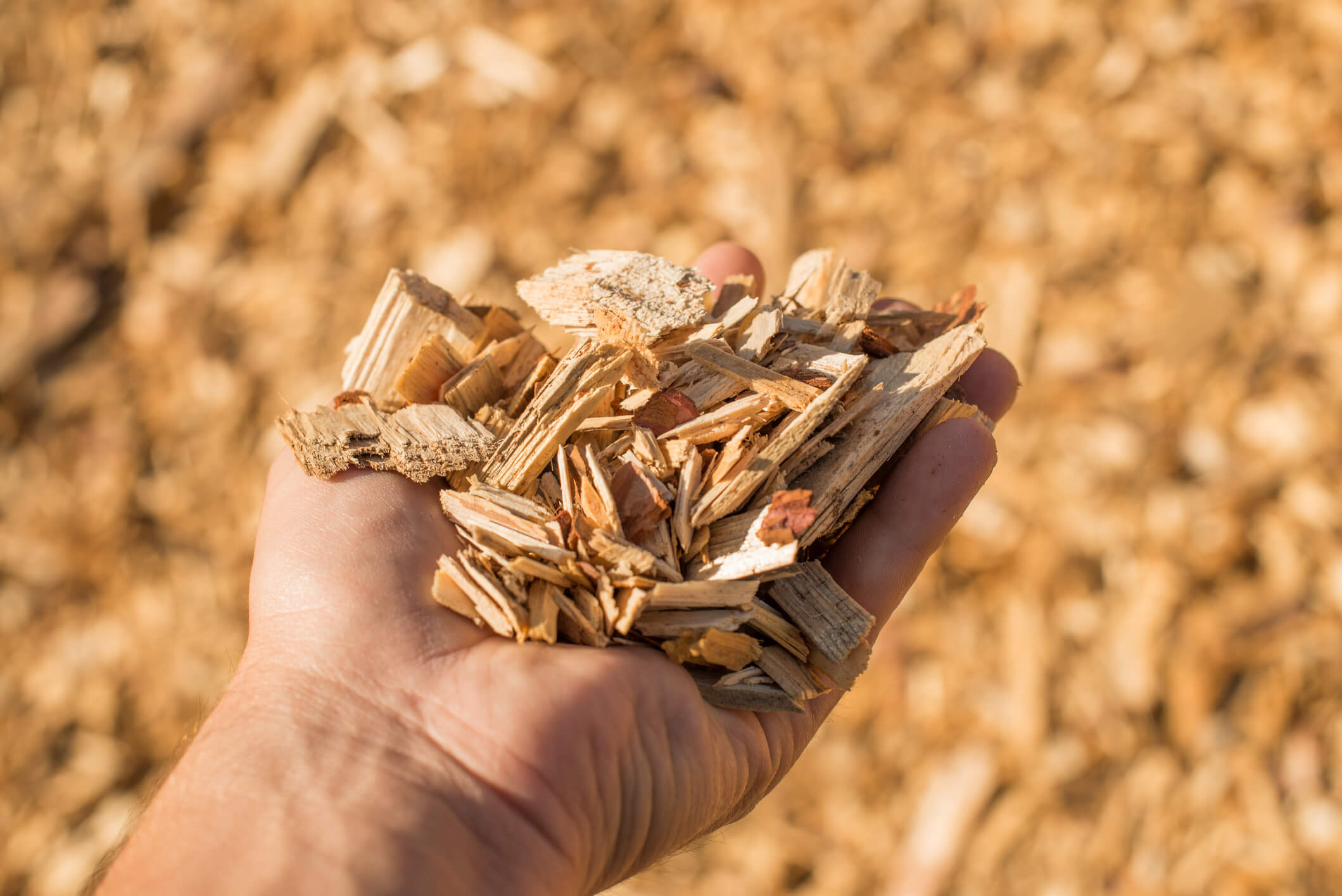Case 1.2: Quercus - production of solid biofuels for energy - Poland
Name of the company: Quercus Sp. z o.o.
Country: Poland
Size of the business: 86 employees
Website: https://quercus.org.pl/
Background
The Quercus company was founded in 1992 in Jedwabno, within the area of the Regional Directorate of State Forests in Olsztyn. At the beginning of its activity, it dealt with the production of wood chips for chipboard and fibreboard production. In 2005, on the initiative of the President of the Management Board the enterprise was transformed into a limited liability company, eventually adopting the name Quercus Sp. z o.o. (Quercus Ltd.). The driving force to start and develop the company’s activity was the growing need to direct the domestic energy sector (heat and co-generation CHP plants) towards an increase in the share of renewable energy sources in the fuel structure. In addition, logging residues, which were burned at the place of harvest at that time, have gained the possibility of more effective use.
Main activities
The main source of revenue for Quercus Sp. z o.o. is the sale of solid woody biomass for energy purposes. In addition, the company provides chippers maintenance and repair services, varnishing services in own paint shop and transport services (including logistics of rail deliveries with the use of its own reloading terminal). This makes the company the largest producer of biomass in Poland with a well-functioning logistics network.
Compared to the early years, the company’s main product (wood chips) is the same but is currently produced using the most modern machinery and equipment, making the production process itself more efficient. The main changes include the construction of transhipment terminals with their own railway sidings (two locations: Pasym and Spychowo), the creation of a paint shop and a technical department enabling the service of machine park and the introduction of bulk load transport service. All the above -mentioned products and services have been introduced successively, along with the company’s growth, to meet its own needs (e.g., machinery service) and to diversify operations to reduce risk.
Market
The clients of Quercus Sp. z o.o. are mainly large heating and co-generation plants, small local heating plants as well as pulp and chipboard industry companies. Due to the B2B relationship model, the acquisition of new customers is primarily based on participating in tenders for the supply of chips or other services. This in turn means that with the current model, the number of potential customers is limited and there are not so many feasible measures to increase customer availability. The present B2B relationship limits the need to use marketing channels, but the main forms of marketing are enterprise website, leaflets, participation in industry conferences and fairs, and a good market opinion (‘word of mouth’ marketing).
Challenges and solutions
The company plans to develop further the main area of its business activity, while developing ancillary activities that diversify the portfolio of revenue sources. However, currently, due to the lack of market stability, it is difficult to identify specific actions and investments.
The main limitation is the large share of biomass imported from outside Poland and the emergence of local competitors using an aggressive pricing policy. The main problems for business development have also been the instability of the renewable energy support system and policy in this area as it has caused fluctuations in demand for biomass for energy purposes.
Funding
The main sources of financing the company’s operations are bank loans, leases, EU funds and retained (reinvested) profit. Profit was achieved within 2‒3 years of commencing business operations. At present, the initial investment to start such a project would be over 0.9 mil EUR) due to very large entry barriers.
What makes this case innovative?
Quercus Sp. z o.o. has the goal of the constant development of the core business, which is the production of solid biomass of wood origin for energy purposes and to increase the diversification of operations in order to minimize the risk of negative impact of the potential reduction of the share of renewable energy sources in the national energy sector.
Other related Business Cases
Case 3.2: 3B Bioenergie – energy production and special processing of digestate – Germany
Case 4.1: Przedsiębiorstwo Energetyki Cieplnej – energy efficient district heating system – Poland
Case 5.1: SunPine – an entrepreneurial bio-refinery – Sweden

